Mindblown: a blog about philosophy.
-
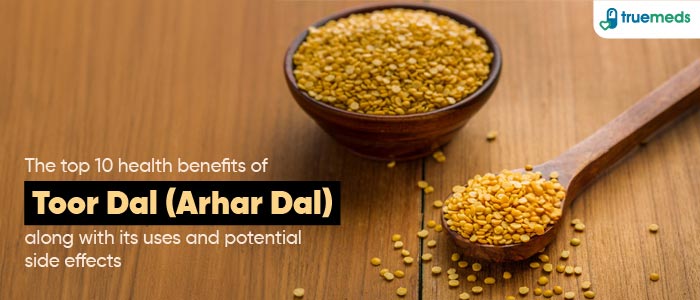
Top 9 Health Benefits of Toor Dal (Arhar Dal): Uses and Nutritional Profile
Legumes are highly valued for their nutritional benefits, especially their high protein, fibre, energy, and essential vitamins and minerals. Among these, Pigeon Pea (Cajanus cajan), also known as Toor Dal, Arhar, or Red Gram, is a widely cultivated and consumed pulse in India. Toor dal is a nutritional powerhouse, offering a rich profile of plant-based…
-

Top Beetroot Benefits for Health and Nutrition You Need to Know
Beetroot (Beta vulgaris L.), also widely known as garden beet, is a root vegetable recognized for its distinctive bright crimson color, which is primarily due to natural pigments called betalains [1]. This versatile vegetable is consumed globally, often prepared as a juice or cooked vegetable. It is a naturally nutrient-dense food, containing essential vitamins and…
-

Skipping Rope Benefits for Weight Loss
Skipping rope, also known as jumping rope, is a simple yet effective cardiovascular exercise. It involves jumping over a rope that passes under your feet, which improves balance, coordination, and timing. It’s a full-body workout that tones your legs, arms, and core while keeping your heart rate up. This makes it excellent for burning calories…
-
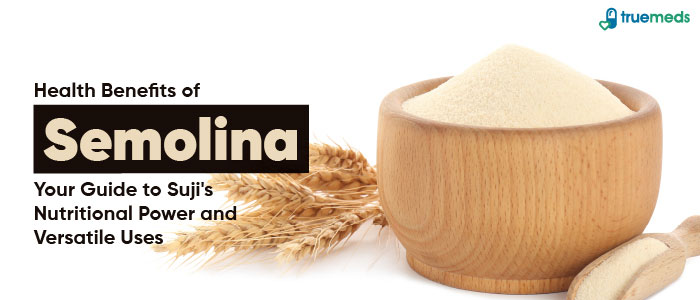
Health Benefits of Suji: Your Guide to Semolina’s Nutritional Power and Versatile Uses
Semolina, widely recognized as suji in India, is a versatile grain derived from durum wheat. It is primarily known for its coarse, granular texture and is a staple in various cuisines, used in dishes ranging from savoury classics like upma to traditional desserts like halwa. Beyond its culinary versatility, suji offers a range of important…
-
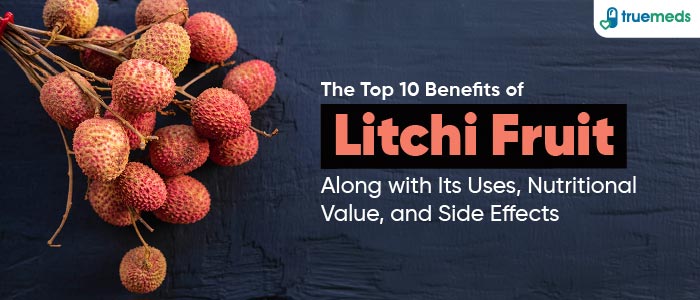
Top Benefits of Lychee Fruit: Uses, Nutritional Value, and Safety
Lychee (Litchi chinensis) is a delicious tropical fruit prized for its sweet, juicy flesh and bright red, textured skin. This fruit is not only refreshing but also contains valuable vitamins, minerals, and polyphenols. These components may offer potential health benefits, including supporting immune function, aiding hydration, and contributing to skin health [1]. It is critical…
-

Singhara (Water Chestnuts): Nutritional Value, Benefits, Uses & Precautions
Singhara is also referred to as paniphal in Hindi and is commonly known as the water chestnut in English. Its scientific name is Trapa natans. It is an annual aquatic free-floating plant that grows in shallow water bodies, ponds, or marshes. The edible portion of the water chestnut plant is its fruit, commonly referred to…
-
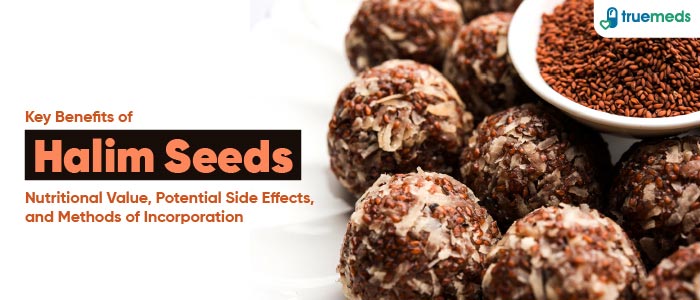
Halim Seeds Benefits: Nutrition, How to Use Them, and Side Effects
Garden cress seeds, often known as Halim seeds (Lepidium sativum), are small but potent seeds that are incredibly nutrient-dense. Because of their traditional therapeutic qualities and potential health advantages, they have been utilised for centuries in various cultures. Their remarkable nutritional profile and numerous applications have contributed to their growing reputation as a beneficial dietary…
-
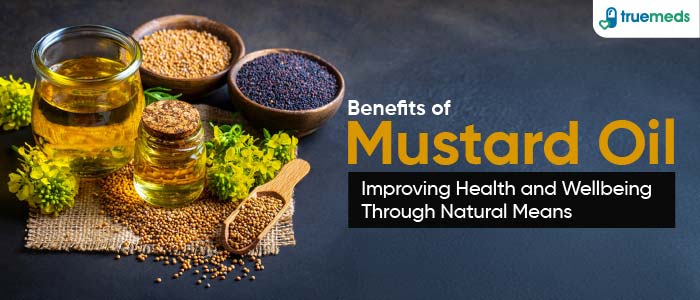
Mustard Oil: Health Benefits, Nutritional Facts, and Possible Side Effects
Mustard oil, derived from mustard seeds, has been a staple in many kitchens and medicine cabinets for centuries. Known for its distinctive flavour and pungent aroma, this versatile oil is more than just a cooking ingredient. It is packed with essential nutrients and may offer a range of traditional and potential health benefits that can…
-

Health Benefits of Ustrasana (Camel Pose) and How to Do It
Yoga is an age-old Indian discipline that combines mental, physical, and spiritual practices to enhance overall health. Ustrasana, also known as Camel Pose, is a beneficial backbend asana that can improve both physical and mental well-being. This posture strengthens the spine, increases flexibility, and may promote mental clarity [1]. Ustrasana is said to activate the…
-

Fennel Seeds: Health Benefits, Nutritional Value, and Precautions
Fennel seeds, commonly known as Saunf (Foeniculum vulgare), are an aromatic herb belonging to the carrot (Apiaceae) family [1]. Known for their slender, pale green or brown seeds and distinct liquorice-like flavour, they offer more than just culinary value. Traditionally, fennel seeds have been used to support healthy digestion, help reduce mild bloating and gas,…
Got any book recommendations?